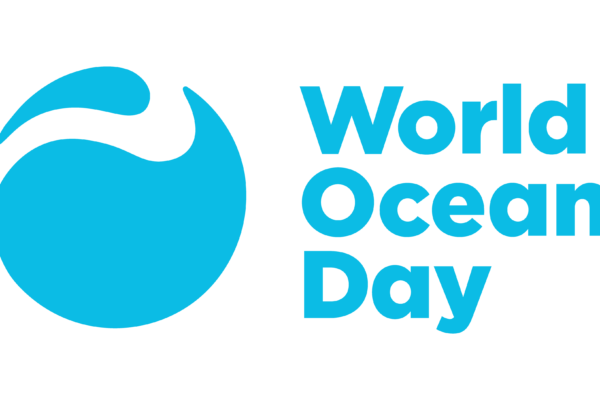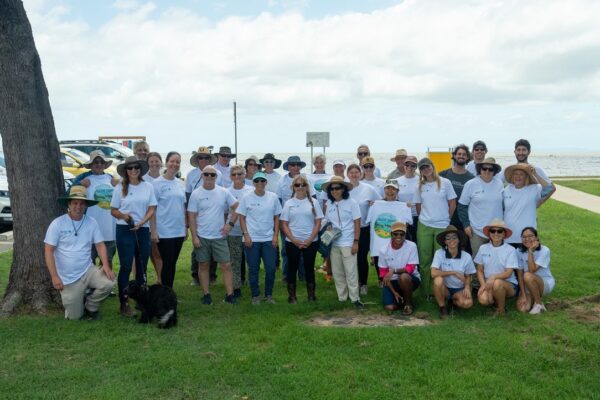Another successful year for our Youth Leadership Program!
The Youth Advocacy Training Program mobilizes the collective power of youth is essential in the fight for a sustainable future. By equipping young advocates with practical organizing skills and the confidence to take action, we empower them to become effective agents of change in their communities and beyond. Whether it’s organizing events, advocating for policy change, or raising awareness, every action contributes to a healthier planet. Together, we can create a ripple effect of positive change that reverberates for generations to come.
Since 2022, these training programs have drawn approximately 3000 youth from more than 130 countries around the world.
We appreciate everyone’s support and interest in our program, and would love to continue improving it so that we can provide the best YAT sessions for you.
Thanks to you, and especially to those who responded to our post-training survey, we were able to retrieve some crucial data on the impact our program has, how we can improve it and what YOU want to learn and hear about too!
This blog post presents some of the main results and outcomes from the YAT survey.
This coming February, we are holding our first YAT of 2025! We highly encourage you to take this amazing free, virtual training program that is designed for young people around the globe. Brief history of YAT (from sign up blog)
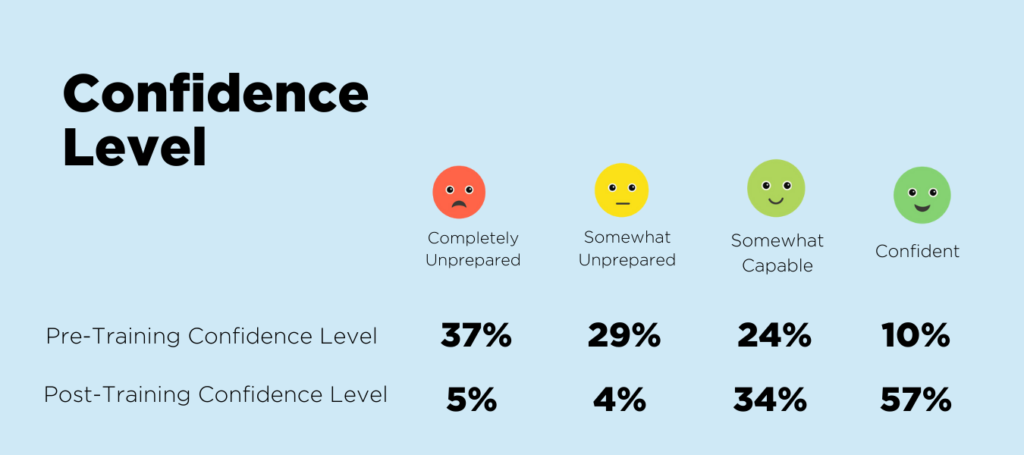
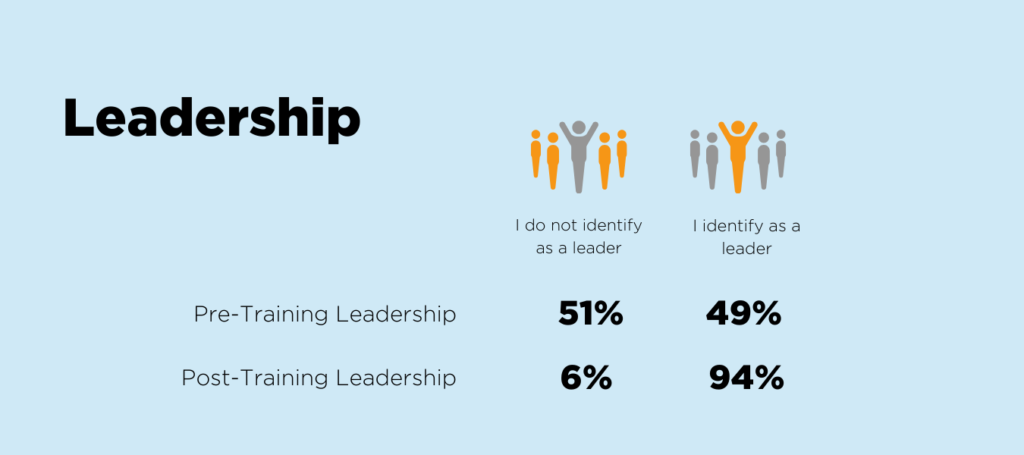
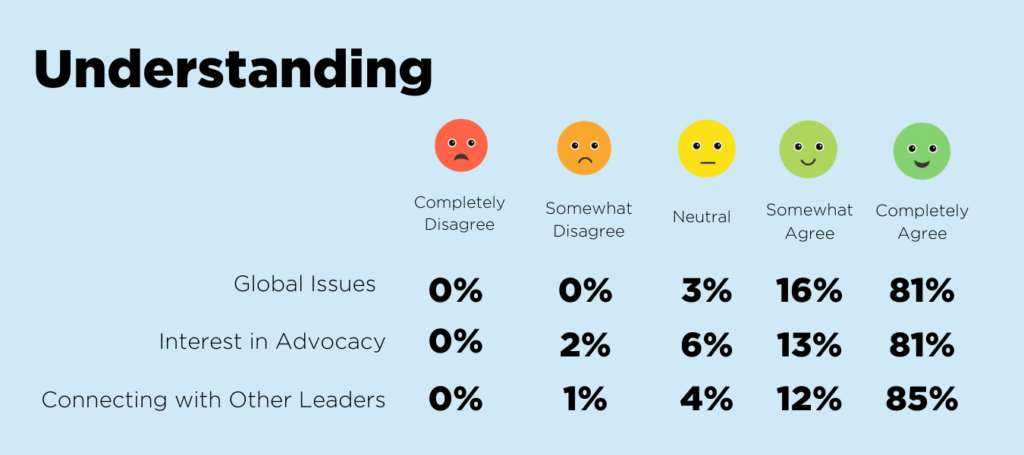
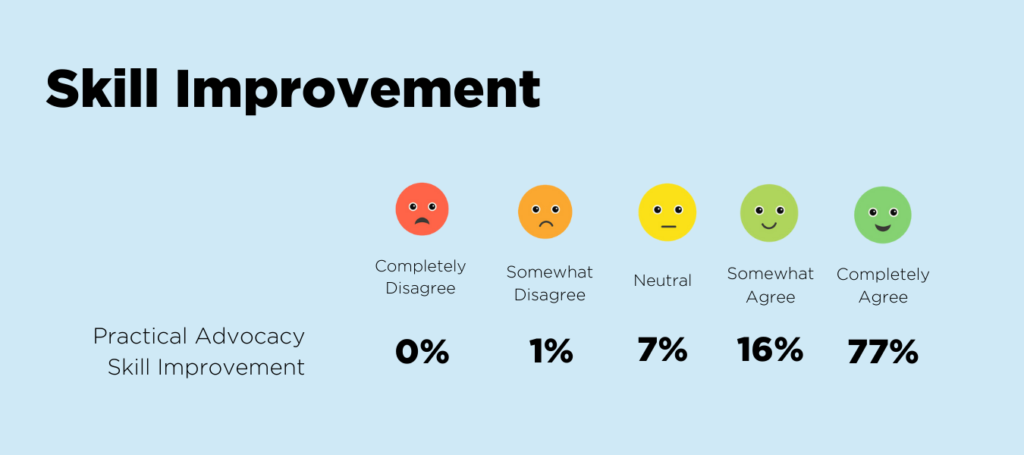
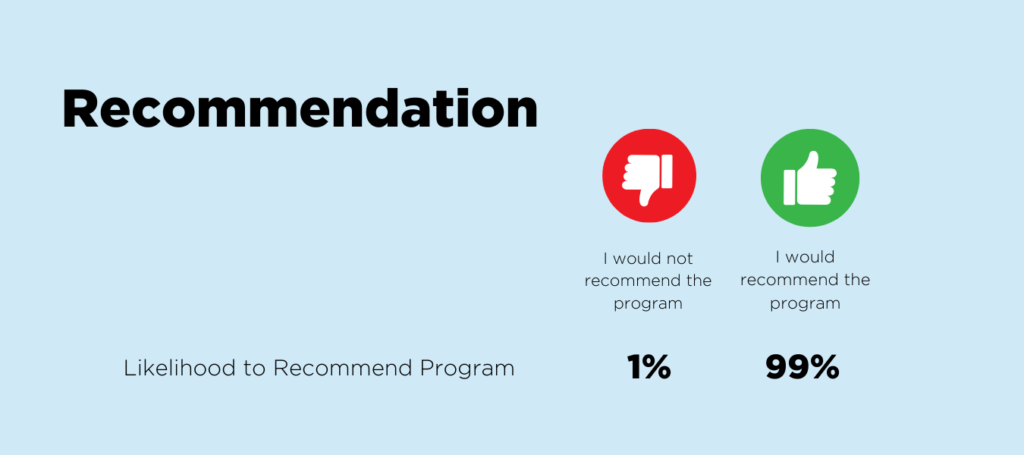
Summary:
- Confidence in Organizing Events:
- Before training, 65.7% of the participants felt unprepared to organize their own campaign or event.
- After the training, 91.9% of the participants felt capable and confident in organizing their own campaign or event.
- Identify as leader in youth conservation space:
- Before training, about half of the participants (51.4%) didn’t see themselves as leaders.
- After Training: Almost everyone (93.8%) identified as a leader!
- What did our participants learn?
- Nearly 97.3% agreed they better understood how issues like climate and oceans are connected. 81.1% strongly agreed!
- Around 93.7% said they were more interested in advocating for conservation issues after the program. 81.1% strongly agreed.
- Almost everyone (96.4%) felt excited to connect with conservation leaders around the world. 84.7% strongly agreed.
- 92.8% of the participants felt their overall practical skills for advocacy improved, with 76.6% strongly agreeing.
- Would you recommend the training?
- YES: Nearly everyone (99.1%) would recommend Youth Advocacy Training to their friends.
Detailed:
- Before attending Youth Advocacy Training…(Campaign/Event Organizing):
1 (completely unprepared): 36.9% of participants. 2 (somewhat unprepared): 28.8% of participants. 3 (somewhat capable): 24.3% of participants. 4 (confident enough): 9.9% of participants.
*Majority of participants entered the program feeling unprepared or somewhat unprepared to organize a campaign or event. - After attending Youth Advocacy Training…(Campaign/Event Organizing):
1 (completely unprepared): 4.5% of participants. 2 (somewhat unprepared): 3.6% of participants. 3 (somewhat capable): 34.2% of participants. 4 (confident enough): 57.7% of participants.
*After the training, confidence improved significantly, with most participants (91.9%) feeling confident enough to organize a campaign. - Before attending Youth Advocacy Training…(identify as leader in youth conservation space):
No: 51.4% Yes: 48.6%
*Before training, participants were fairly evenly split, with a slight majority not identifying as leaders. - After attending Youth Advocacy Training…(identify as leader in youth conservation space.):
No: 6.2% Yes: 93.8%
*Post-training, the overwhelming majority identified as leaders (93.8%), showing the training’s impact on participants’ perception of their leadership abilities. - Youth Advocacy Training has increased my overall understanding of connected global issues, such as the ocean-climate connection.
Completely Disagree: 0% of participants. Somewhat Disagree: 0% of participants. Neutral: 2.7% of participants. Somewhat Agree: 16.2% of participants. Completely Agree: 81.1% of participants.
*An overwhelming majority (97.3%) agreed that their understanding of global issues improved, with 81.1% strongly agreeing. - I now feel more interested in advocating for conservation issues in the future, than I did prior to my participation in the Youth Advocacy Training program.
Completely Disagree: 0% of participants. Somewhat Disagree: 1.8% of participants. Neutral: 6.3% of participants. Somewhat Agree: 12.6% of participants. Completely Agree: 81.1% of participants.
*Approximately 93.7% of participants agreed that their interest in advocacy increased, with 81.1% strongly agreeing. - I am now more eager to connect with other youth conservation leaders around the globe, as a result of my participation in Youth Advocacy Training.
Completely Disagree: 0% of participants. Somewhat Disagree: 0.9% of participants. Neutral: 3.6% of participants. Somewhat Agree: 11.7% of participants. Completely Agree: 84.7% of participants.
*Most participants (96.4%) felt an eagerness to connect with other youth conservation global leaders, with 84.7% strongly agreeing. - Overall, I feel as though my practical advocacy skills have improved as a result of my participation in the Youth Advocacy Training program.
Completely Disagree: 0% of participants. Somewhat Disagree: 0.9% of participants. Neutral: 7.2% of participants. Somewhat Agree: 16.2% of participants. Completely Agree: 76.6% of participants.
*Nearly all participants (92.8%) agreed that their practical advocacy skills improved, with 76.6% strongly agreeing.
Would you recommend Youth Advocacy Training to your peers?
Yes: 99.1% of participants. No: 0.9% of participants.
*Nearly every participant (99.1%) is willing to recommend the program to peers.

